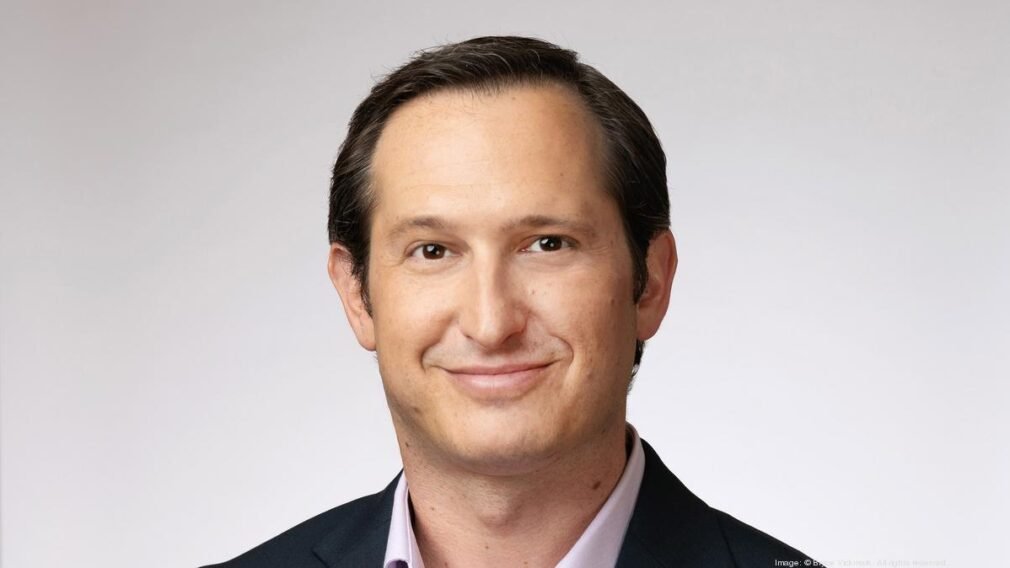Jason Robins Discusses DraftKings’ Position and the U.S. Sports Betting Market at Craig-Hallum Conference
Jason Robins, CEO and Co-founder of DraftKings, shared insights into the U.S. sports betting market and DraftKings’ competitive standing during the Craig-Hallum Online Gaming Conference on December 2.

Recent Performance and Engagement Trends
October presented challenges for U.S. sportsbook operators as sporting events yielded results favorable to bettors, leading to significantly lower revenues. While official state-by-state results for November are not yet available, Robins hinted that November was more favorable for operators:
“November was more of a typical month—possibly even leaning toward the positive side,” Robins said, noting that financial performance tends to balance out over time. “Over time, things tend to regress to the mean,” he added.
Despite October’s payout-heavy outcomes, DraftKings saw increased customer engagement. While some speculate that big October winnings may have fueled more betting activity, Robins downplayed the impact: “If winnings impact future betting, the effect is not tremendously large.”
Comparing the U.S. and U.K. Betting Markets
Robins expressed confidence in the U.S. market’s potential, highlighting differences between the U.S. and U.K. markets. He noted that the U.S., starting later, benefits from advanced mobile and technological infrastructure: “When the U.K. started, mobile was barely a thing,” he explained.
Robins believes the U.S. market has a higher growth ceiling due to its strong entertainment spending trends:
“The U.S. leads in almost every entertainment spend per capita category globally, so why would this be different? Gaming in general—lotteries, casinos—is already very large here. We always saw the U.K. as the floor. What you’re seeing now is the U.S. will likely be larger comparatively—on a per-GDP or per-capita basis,” he said.
Industry Dynamics and Market Consolidation
FanDuel and DraftKings maintain a dominant hold on the U.S. market. Robins expressed skepticism about new competitors significantly disrupting the duopoly: “We’ve seen multiple waves of competitors. No one has been able yet to make a dent in the top two of the market. So I don’t think that it’s likely that you’re going to see that,” he stated.
He predicted further market consolidation but noted that smaller operators could still succeed by finding niches.
Reflecting on DraftKings’ journey, Robins acknowledged early challenges in competing with FanDuel but highlighted the company’s progress: “We had the presence, customer base, and brand recognition. But on the product and technology side, we were behind. It wasn’t until we acquired SBTech and put in a lot of work over the last few years that we caught up.”
He emphasized DraftKings’ competitive edge: “Now, in many areas, we’ve moved ahead of most competitors. Our U.S.-first focus has been a significant advantage at this stage, but we’re also preparing to expand globally.”
On the rivalry with FanDuel, Robins noted: “From a handle share perspective, we’re neck-and-neck, and in some cases, even ahead of them. Player-wise, we’re about even.”
He also addressed differences in hold rates between the two companies: “There are definitely nuances in hold rates. Some of it comes down to bet mix—what sports each operator excels in or where they hold more market share. For instance, we do really well in college sports, which typically have lower hold rates. FanDuel performs better in the NBA, which is a higher-hold sport.”
Looking Ahead to 2025
Robins highlighted taxation as a significant challenge for operators, noting its impact on DraftKings’ profitability: “If you combine taxes and free cash flow, about 80-90% of our free cash flow is going toward taxes. This year alone, we’re paying about $1.7 billion in taxes on less than $300 million in EBITDA—that’s a crazy ratio.”
He pointed to Missouri’s proposed 10% sports betting tax rate as an example of balanced policy: “It shows there’s a way to set reasonable tax rates that allow operators to compete with the illegal market, which pays no taxes and doesn’t invest in responsible gaming or compliance. States need to understand that setting tax rates too high can stifle the industry.”
Looking ahead, Robins expressed optimism for 2025, especially regarding iGaming legalization: “2025 is going to be another huge growth year. Every sign is pointing to that. 2024 was an election year. It’s always hard to get gaming bills done in an election year. I think this coming year, we’re going to get some real momentum. Potentially even get some iGaming bills over the hump, which would be great.”
Recommended
